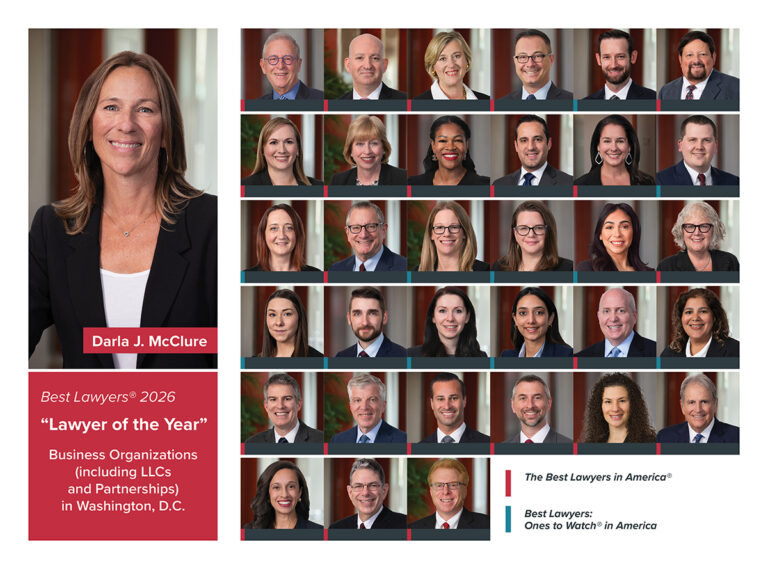May 2nd, 2017
What Should You Do When You Get an IRS Audit Notice?
Posted in: Tax Law Tagged: David S. De Jong
Author: David S. De Jong

First, when you get a notice of audit from IRS, don’t panic. Although your return was among the less than 1% of all returns selected for audit, most examinations are limited in scope and have no criminal implications.
Over 70% of audits are handled by correspondence with the balance requiring face-to-face interaction. In general, it is wise to have your preparer or other tax professional deal with the IRS. He or she will recognize the issues and can best present the substantiation when there are factual issues and argue the law when there are issues of statutory interpretation. When represented by a professional, the taxpayer should normally not be present at an examination unless credibility is in issue.
Most IRS audits arise from one or more entries on the tax return that are “unusual” or “unlikely” as determined by an IRS formula. While a computer program tentatively selects returns for examination, a real person will review the selections and make the ultimate determination of whether to audit based on the likelihood of errors of material dollars.
On individual nonbusiness returns, the most common issues involve the earned income credit, employee business expenses and charitable contributions. IRS believes that the “ordinary and necessary” business expenses of virtually all employees are paid by the employer and questions most such deductions. IRS is also suspicious of large cash donations by individuals of modest means as well as the value claimed on many donations of property.
On individual business returns, a frequent issue involves purported losses from self-employment where IRS often finds hidden personal expenses or those relating to the individual’s full time job. IRS may contend that the activity is a hobby or in any event not engaged in for profit.
Some audits arise from examinations of related parties or from a random selection of all returns under the National Research Program (NRP). These random audits are rare but they are usually very extensive as their published purpose is for information gathering to determine which groups of taxpayers are most likely to be noncompliant.
Audits may also arise from “information” being reported to the IRS, perhaps by a disgruntled former employee or ex-spouse. As is the case with all examinations, this can lead to criminal investigation and prosecution. The number of cases referred to Criminal Investigation Division is small; in fiscal 2016, IRS initiated only 3,395 criminal probes. Any audit with possible criminal implications should be directed to an experienced criminal tax attorney for direction; he or she will manage the examination, often remaining in the background.
As the numbers indicate though, most audits involve only issues of dollars and cents and are resolved at the agent level. Where issues remain, they can be appealed administratively. The right to an in-person appeals conference, largely taken away in 2016, has been generally restored after a practitioner outcry. In appeals, outstanding issues will typically be resolved on their individual merits and based on litigation risks. The few cases not settled in appeals go into the court system where taxpayers prevail on only a small percentage of matters.
Accordingly, recognize that the best opportunity to resolve a matter is at the examination itself. Good preparation, best available substantiation and a plan for handling any difficult questions will likely lead to the best possible result.






